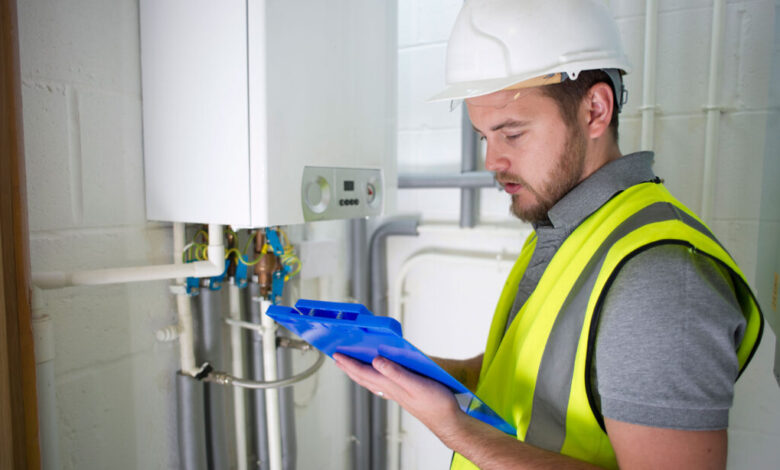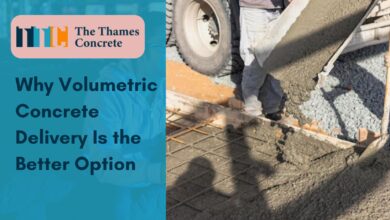Back Boiler Replacement: What You Need to Know

1. Introduction
Back boilers were once a popular choice for heating homes, but they are now considered outdated and inefficient. If you have a Back Boiler Replacement in your home, you may be considering replacing it with a more modern and efficient system. In this article, ZH Energy Solutions explore the reasons for replacing a back boiler, the replacement options available, and the benefits of upgrading to a new boiler.
2. What is a Back Boiler?
Definition and Function
A back boiler is a type of boiler that is installed behind a fireplace and provides both heating and hot water to the home. They were commonly used in the past because they were hidden from view and provided a space-saving solution.
Common Issues with Back Boilers
- Lack of energy efficiency
- Reliability issues
- Costly repairs
- Safety concerns (e.g., risk of carbon monoxide leaks)
3. Why Replace a Back Boiler?
Energy Efficiency
Back boilers are notoriously inefficient compared to modern boilers. By replacing a back boiler with a new, more energy-efficient model, you can significantly reduce your energy bills and carbon footprint.
Safety Concerns
Older back boilers can pose a safety risk, especially if they have not been properly maintained. Replacing a back boiler with a newer model can improve safety and peace of mind.
4. Back Boiler Replacement Options
Conventional Boiler Replacement
A conventional boiler is a good replacement option for a back boiler if you have a hot water cylinder and space for a separate boiler and cylinder.
System Boiler Replacement
A system boiler is another option, especially if you want to replace your back boiler with a more efficient system that can provide hot water to multiple taps simultaneously.
Combi Boiler Replacement
A combi boiler is a popular choice for back boiler replacements because it provides heating and hot water on demand without the need for a hot water cylinder.
5. Benefits of Upgrading to a New Boiler
- Improved energy efficiency
- Reduced energy bills
- Enhanced safety features
- More reliable heating and hot water
6. How to Replace a Back Boiler
Hiring a Professional
Replacing a back boiler should always be done by a qualified and registered heating engineer to ensure the work is carried out safely and to a high standard.
Cost Considerations
The cost of replacing a back boiler will depend on the type of boiler you choose, the complexity of the installation, and any additional work that may be required.
7. Conclusion
Replacing a back boiler with a more modern and efficient boiler can improve energy efficiency, safety, and reliability. By choosing the right replacement option and hiring a professional to carry out the work, you can enjoy the benefits of a new boiler for years to come.
8. FAQs
How long does it take to replace a back boiler?
The time it takes to replace a back boiler can vary depending on the complexity of the installation, but it typically takes around 1-2 days.
Can I replace a back boiler with a combi boiler?
Yes, a combi boiler can be a suitable replacement for a back boiler, especially if you want to improve energy efficiency and save space.
Will replacing my back boiler save me money on energy bills?
Yes, replacing a back boiler with a more energy-efficient model can lead to significant savings on energy bills.
Do I need planning permission to replace a back boiler?
In most cases, you do not need planning permission to replace a back boiler, but it’s always best to check with your local planning authority.
Is it worth replacing a back boiler?
Yes, ZH Energy Solutions replacing a back boiler with a more modern and efficient boiler is worth considering, especially if your current back boiler is old and inefficient.




